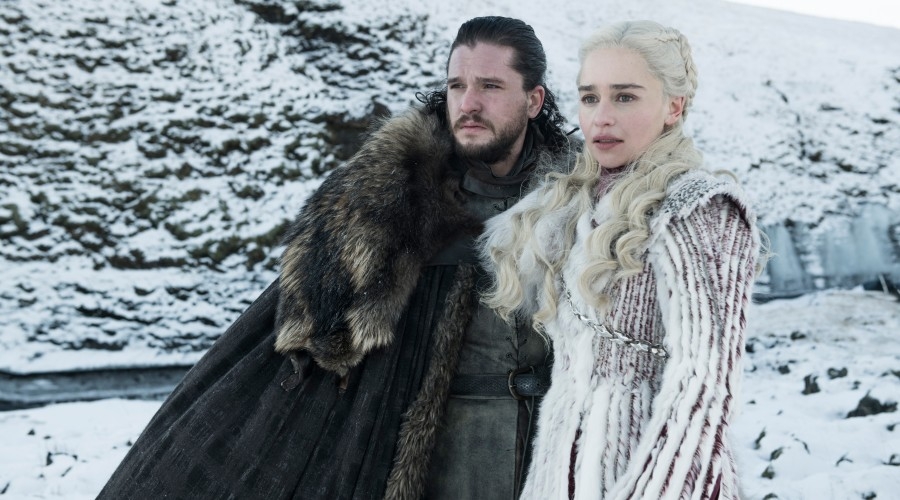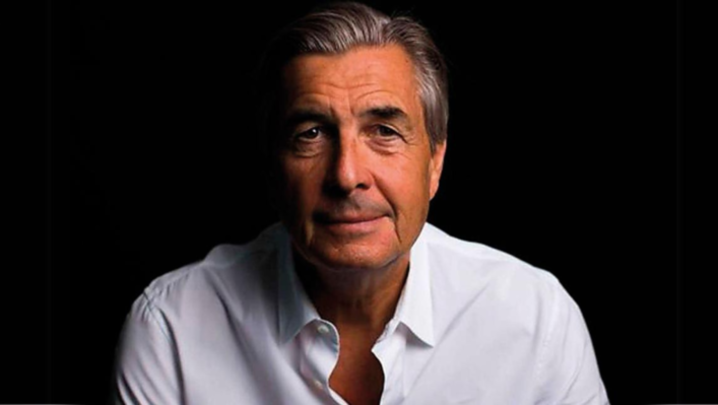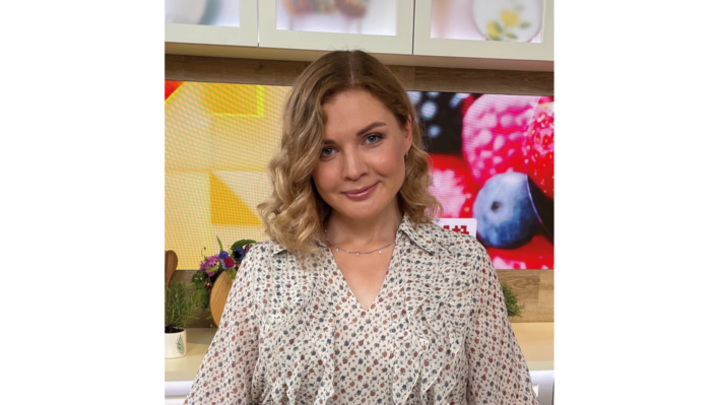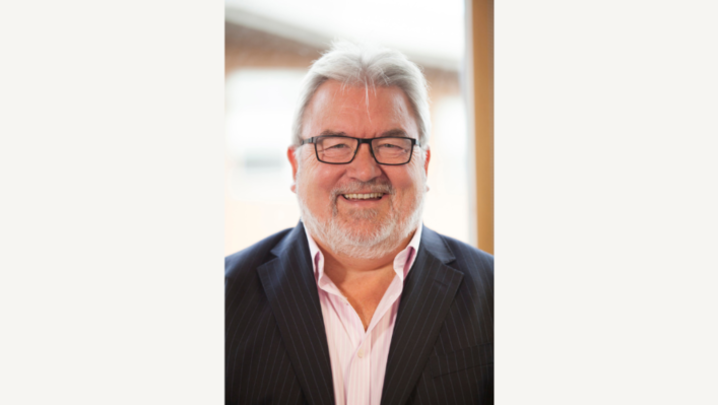Graeme Thompson takes a tour of Game of Thrones locations in Northern Ireland – and becomes Westeros’s latest victim
To Belfast for the weekend, staying at a Titanic-themed hotel next door to the studios where HBO films Game of Thrones. The charred battlements visible above the lot are a clue to how the final episodes play out.
Over eight seasons, Game of Thrones has spent more than €320m in Northern Ireland. In addition to the Titanic Studios, there’s another studio in Belfast Harbour filming a Superman spin-off.
Millions more pour in to the local economy thanks to tourism. We find the lure of the Game of Thrones location tour irresistible. Our gossipy coach driver regales us with insights into the filming and helpfully screens the locations to be visited as they appear in the show.
We’re dropping in on about a dozen of the more than 60 locations used by the franchise over 10 years. Lots of them are on the majestic Antrim coastline, as it stretches towards the Giant’s Causeway.
These places are the backdrop to unspeakable acts of on-screen violence. We creep into the caves at Cushendun, where Melisandre gave eye-watering birth to the shadow monster and peer down into the harbour at Carnlough, where Arya crawled out of its freezing depths after a vicious stabbing.
In keeping with the theme, I endure an ungainly fall on our way down a cliff en route to Dragonstone in heavy rain and hobble back to the coach, having painfully twisted my knee. Westeros has claimed another casualty.
To London to chair the RTS Education Committee. We have a lovely group of enthusiastically engaged colleagues from production companies and broadcasters.
We spend the first few minutes hearing some of the many success stories of graduates who’ve completed their degrees with support from our bursaries. Kyle’s now at A Question of Sport, Adam’s at The Garden and Maxine has joined Moonage Pictures.
Florence, another of our bursary scheme graduates, has joined our committee and talks of her new job as a script editor at Lime Pictures in Liverpool. Being an RTS bursary student has, in her words, been life-changing.
The scheme is aimed at students from households with an income of less than £25,000, usually from areas underrepresented in the TV business. Thanks to supporters such as All3Media and STV, we will be meeting in August to select another 35 recipients of our production and broadcast journalism bursaries and our technical bursaries.
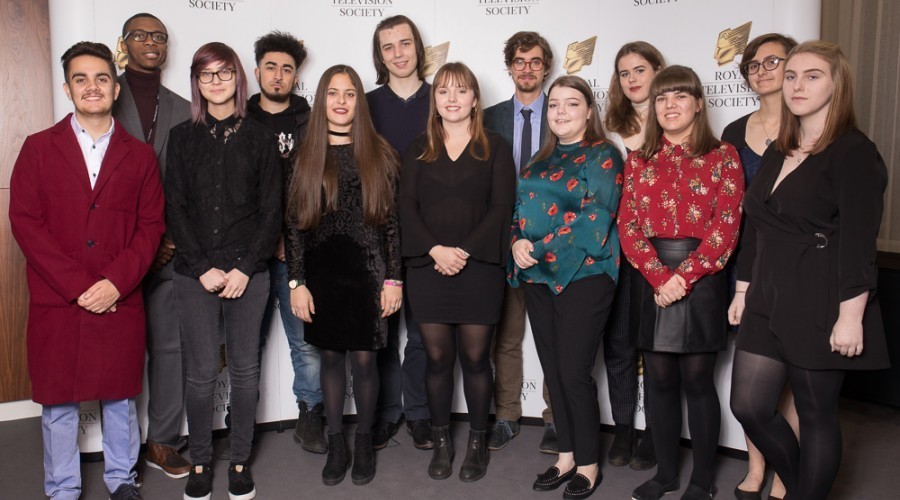
It’s not just about the financial support: each student gets an industry mentor and help in securing placements. Our energetic coordinator, Anne Dawson, is trying to source low-cost accommodation for students coming to London to do their placements.
It’s a real blocker for many students. The BBC’s move to Salford and Channel 4’s commitment to Leeds is good news for career prospects beyond the capital. But it is still the case that the majority of work-experience opportunities are in London. Which might as well as be another country for many of our students.
Back in Sunderland, I am sitting in on a session with seven students who are being mentored by legendary film producer David Puttnam.
Lord Puttnam was Chancellor of the university for a decade and has maintained close ties. Today, he is in his studio in the West of Ireland talking to the group via a broadcast video link.
He leads the Puttnam Scholars through a lively discussion about climate change, the politics of protest, Brexit, the music of Ennio Morricone and the work of Ridley Scott.
The mentoring is done individually and with the group over a period of five months. Sessions have included a discourse on the power of music in storytelling. There’s been a memorable tea in the House of Lords.
The scholars are making a film, which David will see when he visits the campus in June. Their theme is kindness and compassion in a post-Brexit Britain. “My generation has made such a hash of things,” he tells them. “You have to do better.”
Graeme Thompson is pro vice-chancellor at the University of Sunderland and Chair of the RTS Education Committee.

